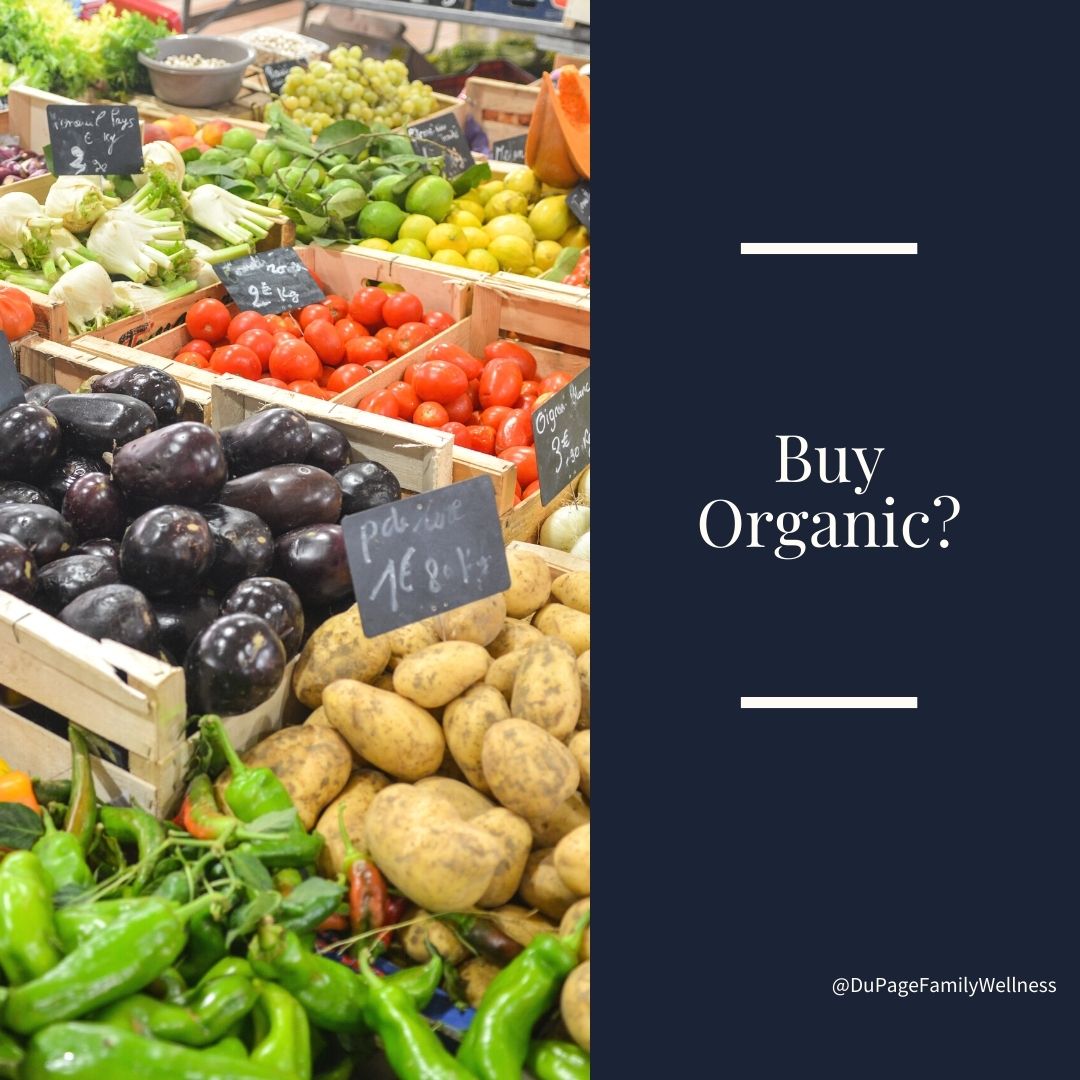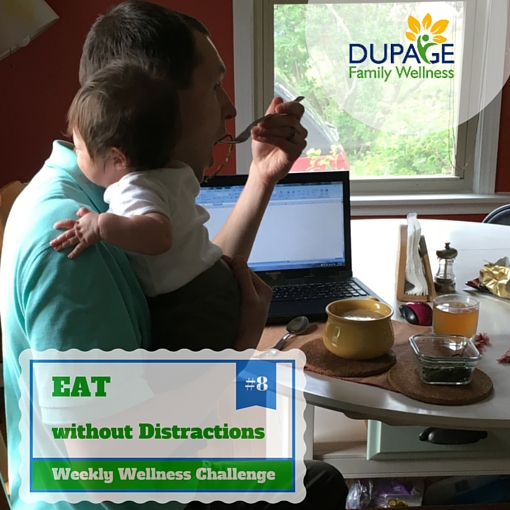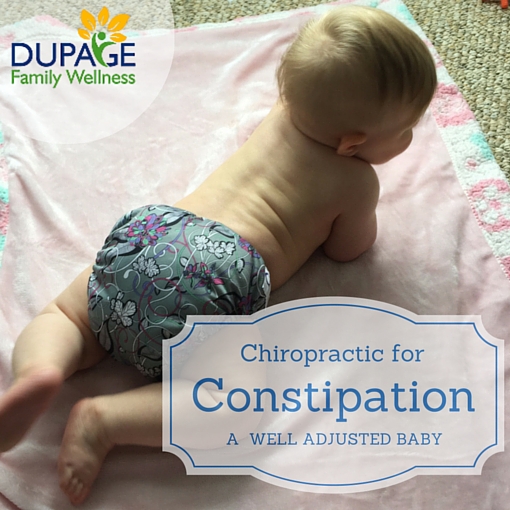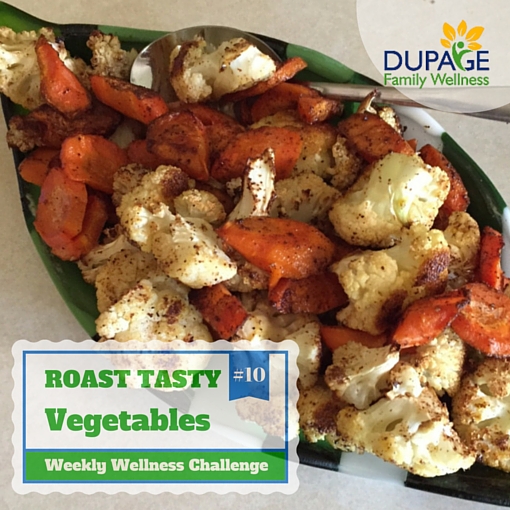
If you have been paying attention, you know that we at DuPage Family Wellness are passionate about nutrition and helping people to eat REAL FOOD!! I am excited to announce that we are offering a NEW SERVICE to help spread this message to more people in the community!!
Healthy cooking classes for businesses and corporations are now available! These classes are fun and a great fit into a corporate wellness program.
How does it work? We come to your workplace and bring a healthy lunch. While you and your coworkers eat this nutritious and delicious meal, we demonstrate various components of how the lunch was prepared. You will learn WHY we are eating the food we are, and the benefits of incorporating our REAL FOOD principles!
Classes can be as short as 30 minutes over lunch, or longer depending on your workplace needs. Topics and menus can be customized. It can be a single event or a series of classes. Our most recent class consisted of two 30 minute sessions with 12 employees at each.
Don't have a kitchen? Don't worry, we can improvise! As long as there are tables and chairs, we can make it work!
Eating real food not only has health benefits, but it has been shown to improve mood! What company wouldn't want happier and healthier employees! If your company is looking for a new fun activity for it's employees, let us know!
 I've wondered whether there is enough benefit in organic produce to justify the extra cost. Since I changed my diet to "eat real food", I thought that eating meats and vegetables, rather than processed foods, was good enough. A few weeks ago, I attended a nutrition seminar and the topic of buying organic came up. I had one of those "lightbulb" moments.
I've wondered whether there is enough benefit in organic produce to justify the extra cost. Since I changed my diet to "eat real food", I thought that eating meats and vegetables, rather than processed foods, was good enough. A few weeks ago, I attended a nutrition seminar and the topic of buying organic came up. I had one of those "lightbulb" moments.
The doctor teaching the seminar explained that toxins are stored in your fat cells. The body wants a barrier from the toxins, so it creates more fat to act as a buffer around the toxic substances. WOW!!
Usually, people think that you put on fat when you consume more calories than you burn. Current research, however, shows that fat results when hormones and blood sugar are out of balance.
While I have understood for a while that the food we eat impacts our hormones, I didn't make the connection that our bodies were purposely contributing to this hormonal change in order to protect us.
Could eating non-organic foods, doused in chemicals, contribute to weight gain?
I did more research, and found that the chemicals in and on foods, even food normally considered to be healthy, can disrupt our hormone balance and contribute to weight gain!
There is a new word, obesogen, used to describe these substances. Many articles, both technical and mainstream, describe "How Chemicals in Food can Make You Fat."
Obesogen: Chemicals that inappropriately alter lipid homeostasis and fat storage, change metabolic setpoints, disrupt energy balance or modify the regulation of appetite and satiety to promote fat accumulation and obesity.
How did we get into this situation?
A Look Back at History
Organic farming is not new. The book "Founding Gardeners: The Revolutionary Generation, Nature, and the Shaping of the American Nation" by Andera Wulf explains the passion our founding fathers had for the land. Gardening, agriculture, and botany were ingrained in the character of George Washington, Thomas Jefferson, James Madison and John Adams, and farming was part of the vision of greatness of the new nation. Until agricultural chemicals and pesticides came on the scene, what we call organic farming today was just normal farming.
During WWII, The US military used DDT to control the spread of diseases in Europe and in the Pacific. Right after the war, DDT was released to agricultural companies and became the gold standard for insecticides. In fact, agriculture received most of the leftover chemicals created for war time use. Other chemicals were used in fertilizers. At this time, it was not known that these materials were highly toxic and carried very dangerous risks.
When farmers began using these new chemicals, consumers were not aware of the change in the new pesticide laden products. The use of pesticides and fertilizers grew rapidly, and is the standard practice today. When word got out that the new way of farming included toxic materials, it gave rise to the “organic” movement.
What does the USDA Organic Label mean?
You’ve probably seen the small green USDA Organic label on fruits, vegetables, and other products. To earn this label, the growing area must be free of chemical synthetic pesticides for at least three growing seasons. If a product has multiple ingredients, 95% of ingredients must be grown organically in order to earn the Certified USDA Organic seal.
Is There a Better Option than Organic Produce?
Yes! Foods grown locally and in season have more nutrients than organic foods purchased from the grocery store. When out of season produce is shipped across the country or across the ocean to your local grocery store, the nutrient value starts to deplete as soon as the food is harvested. The longer food has been out of the ground before you eat it, the greater reduction in vitamins and nutrients. Many small local farms are not able to call their crops "organic" because qualifying for this label is too expensive. Talk to the farmer and ask them about their farming practices.
Recommendations
The best option is to buy organically grown produce from a local farmer. Go to a local farmer’s market (Illinois Directory) or buy through a Community Supported Agriculture program (CSA). The second option is to buy organic produce whenever possible. The Environmental Working Group measures the toxins on/in produce grown conventionally (using synthetic fertilizers and pesticides). They publish the most contaminated on a list called the "Dirty Dozen", and least pesticide laden on a list called the "Clean Fifteen". More details can be found at the Environmental Working Group website.
Your Challenge
Think about the produce that you buy this week and look at the dirty dozen list below. For those items on your shopping list, look for an organic option in your grocery store. Or better yet- check out a local farmer’s market and get some fresh local produce that is in season! Start paying attention to the source of your food.
2021 Dirty Dozen - 12 Most Contaminated (Buy Organic when possible)
- Strawberries
- Spinach
- Kale, collard & mustard greens
- Nectarines
- Apples
- Grapes
- Cherries
- Peaches
- Pears
- Bell & hot peppers
- Celery
- Tomatoes
2021 Clean 15 (okay to buy these conventionally)
- Avocado
- Sweet corn (be careful of GMO)
- Pineapples
- Onions
- Papayas
- Sweet peas
- Eggplant
- Asparagus
- Broccoli
- Cabbage
- Kiwi
- Cauliflower
- Mushrooms
- Honey dew melons
- Cantaloupe
Where you buy organic or local foods? Do you recommend a CSA? Let us know on Facebook!
Dr, Jamie Thomure and Joelle Kurczodyna, NTP
 Did your mother tell you "Don't swim until 30 minutes after eating." Does that "rule" seem silly? Is it an old wives tale? Maybe not! It makes sense when you understand how digestion works.
Did your mother tell you "Don't swim until 30 minutes after eating." Does that "rule" seem silly? Is it an old wives tale? Maybe not! It makes sense when you understand how digestion works.
The body is always in one of two states: parasympathetic or sympathetic. The parasympathetic is the state of calm and rest. The sympathetic is the state of stress, also known as "fight or flight". Digestion only occurs in the parasympathetic state.
Think about it, if you are eating your lunch and a pack of tigers comes, your body will prioritize running away as fast as possible (sympathetic state). It will forget about digesting your lunch (parasympathetic state). This example may seem extreme, but in today’s fast paced world, your body confuses everyday stresses with the same response as it would if you were being chased by a pack of tigers.
Furthermore, it's not just physical stress that causes your body to go into the sympathetic state. Any stress, including mental or emotional stress, can trigger the sympathetic response.
Think about your typical meal times.
- Do you eat breakfast while fighting traffic to get to work?
- Is lunch spent at your desk while working or quickly doing other tasks in that brief window of time?
- Do you eat dinner while watching TV or on your phone?
All of these activities could signal your body that you are in a stressed state. You are not focused on the task at hand – eating. When this happens, your body will prioritize dealing with stress, at all costs, over digestion. If you aren't digesting your food well, some symptoms you might experience are diarrhea, constipation, gas, or bloating.
Although this week’s challenge sounds simple it may be difficult until we train ourselves to do it.
Your challenge this week:
During meal times – Eat Without Distractions. Make eating the one and only “task” at hand.
Think about what you are eating and how it tastes. Take time to chew your food and enjoy it. If you do this, I have no doubt you will not only enjoy your food more but also feel better after eating it.
We'd like to hear how this challenge goes for you. Let us know on our facebook page!
Joelle Kurczodyna, NTP
 Most people think of a chiropractic adjustment as a treatment to relieve back pain. Did you know that infants can benefit from chiropractic care??
Most people think of a chiropractic adjustment as a treatment to relieve back pain. Did you know that infants can benefit from chiropractic care??
What are babies known for doing? Eating, sleeping, and pooping, right?
If my 6 month old goes a day without pooping, I know that it is time to check out her spine. This has happened 4 times in her life! Each time, I found that the top of her intergluteal cleft (more commonly known as the "butt crack") had veered to one side or the other. This tells me that her sacrum isn't quite balanced, which can impact her colon. The adjustment for this is a soft contact on a certain ligament at the base of the sacrum with Logan Basic Technique. It is a gentle procedure, with a powerful impact. I am 4/4 on helping her to have a bowel movement within an hour of this adjustment, and twice it happened within 5 minutes!
Chiropractic can also help with reflux, colicky babies, or babies that prefer to turn their heads one direction.
Think about the process of being born. Whether the baby comes out naturally, gets taken out with forceps or vacuum suction, or is a C-section, birth is a traumatic event for a tiny human. Since babies can't talk, crying is their only way to tell us that they are uncomfortable. If you have or know a baby that cries more than you'd expect, they might be feeling after effects from their birth. A simple adjustment might help!
Chiropractic is also important during later transitions like learning to walk, since the baby is constantly falling on their bum.
Want to learn more? Chat with us on Facebook, or shoot Dr. Thomure an email!
Dr. Jamie Thomure
 Until about 4 years ago I didn’t eat vegetables. Period. I was convinced that vegetables didn’t taste good. Now I love vegetables. Just this afternoon I had brussels sprouts as an afternoon snack. Delicious!
Until about 4 years ago I didn’t eat vegetables. Period. I was convinced that vegetables didn’t taste good. Now I love vegetables. Just this afternoon I had brussels sprouts as an afternoon snack. Delicious! 


 I've wondered whether there is enough benefit in organic produce to justify the extra cost. Since I changed my diet to "eat real food", I thought that eating meats and vegetables, rather than processed foods, was good enough. A few weeks ago, I attended a nutrition seminar and the topic of buying organic came up. I had one of those "lightbulb" moments.
I've wondered whether there is enough benefit in organic produce to justify the extra cost. Since I changed my diet to "eat real food", I thought that eating meats and vegetables, rather than processed foods, was good enough. A few weeks ago, I attended a nutrition seminar and the topic of buying organic came up. I had one of those "lightbulb" moments. Did your mother tell you "Don't swim until 30 minutes after eating." Does that "rule" seem silly? Is it an old wives tale? Maybe not! It makes sense when you understand how digestion works.
Did your mother tell you "Don't swim until 30 minutes after eating." Does that "rule" seem silly? Is it an old wives tale? Maybe not! It makes sense when you understand how digestion works. Most people think of a chiropractic adjustment as a treatment to relieve back pain. Did you know that infants can benefit from chiropractic care??
Most people think of a chiropractic adjustment as a treatment to relieve back pain. Did you know that infants can benefit from chiropractic care??